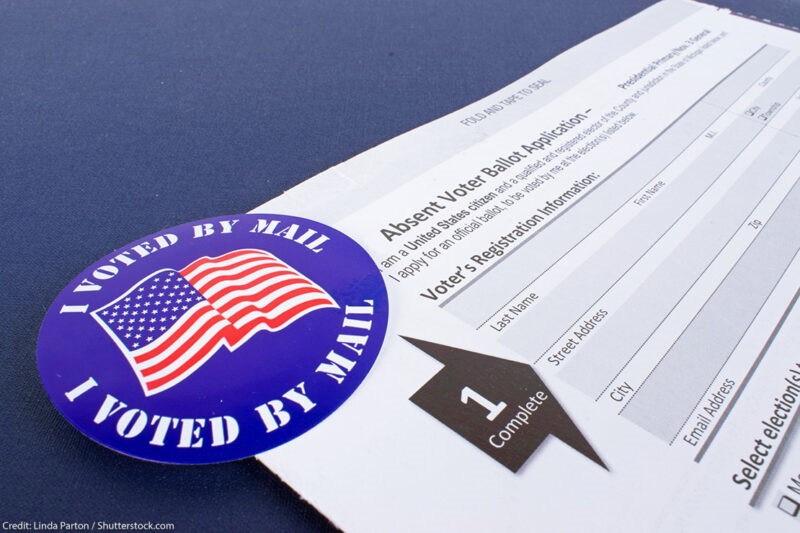
Vote.Org v. Callanen (Amicus)
What's at Stake
Texas requires voters who register to vote electronically or via fax to mail an original copy with the voterโs โwet signatureโ to the applicable registrar. A voter may be denied registration merely because the mailed copy of the form has a scanned signature on it rather than a โwet inkโ one. But the Civil Rights Act prohibits states from disenfranchising voters based on immaterial paperwork errors. Weโre fighting to make sure that every vote counts and supported Vote.orgโs challenge to the โwet inkโ law as unlawful under the Civil Rights Act.
Summary
In 2021, Vote.org sued several Texas counties challenging the Stateโs โwet signatureโ law, which required individuals who register to vote electronically or via fax to provide a copy with their original, wet-ink signature. Vote.org argued that the law unduly burdened the right to vote and targeted voting advocacy groups in violation of the First and Fourteenth Amendments and imposed an immaterial voting requirement in violation of the Civil Rights Act of 1964. The court granted Vote.orgโs motion for summary judgment, blocking the law on both statutory and constitutional grounds. Texas appealed the case to the Fifth Circuit as an intervening defendant.
On appeal, the ภฯฐฤรลฟชฝฑฝแน๛ and ภฯฐฤรลฟชฝฑฝแน๛ of Texas argued as amici in support of Vote.org that the Materiality Provision of the Civil Rights Act is privately enforceable and bars the application of the wet signature law. The Materiality Provision can be enforced by private plaintiffs because a federal statute, 42 U.S.C. ยง 1983, allows aggrieved persons to sue and because the Provision itself confers a statutory right. Our brief also argued that the Materiality Provision protects qualified voters from vote denial based on minor errors in voting-related paperwork regardless of racial impact, and thus barred Texas from enforcing extraneous paperwork requirements like the wet-ink copy law.
In December 2023, the Fifth Circuit reversed the district courtโs decision, allowing the wet-ink statute to remain in effect. The Circuit, however, agreed that private plaintiffs can sue to enforce the Materiality Provision.
Legal Documents
-
12/15/2023
Opinion of the Court -
11/04/2022
ภฯฐฤรลฟชฝฑฝแน๛ Amicus Brief
Date Filed: 12/15/2023
Court: Appeals Court (5th Cir.)
Affiliate: Texas
Date Filed: 11/04/2022
Court: Appeals Court (5th Cir.)
Affiliate: Texas